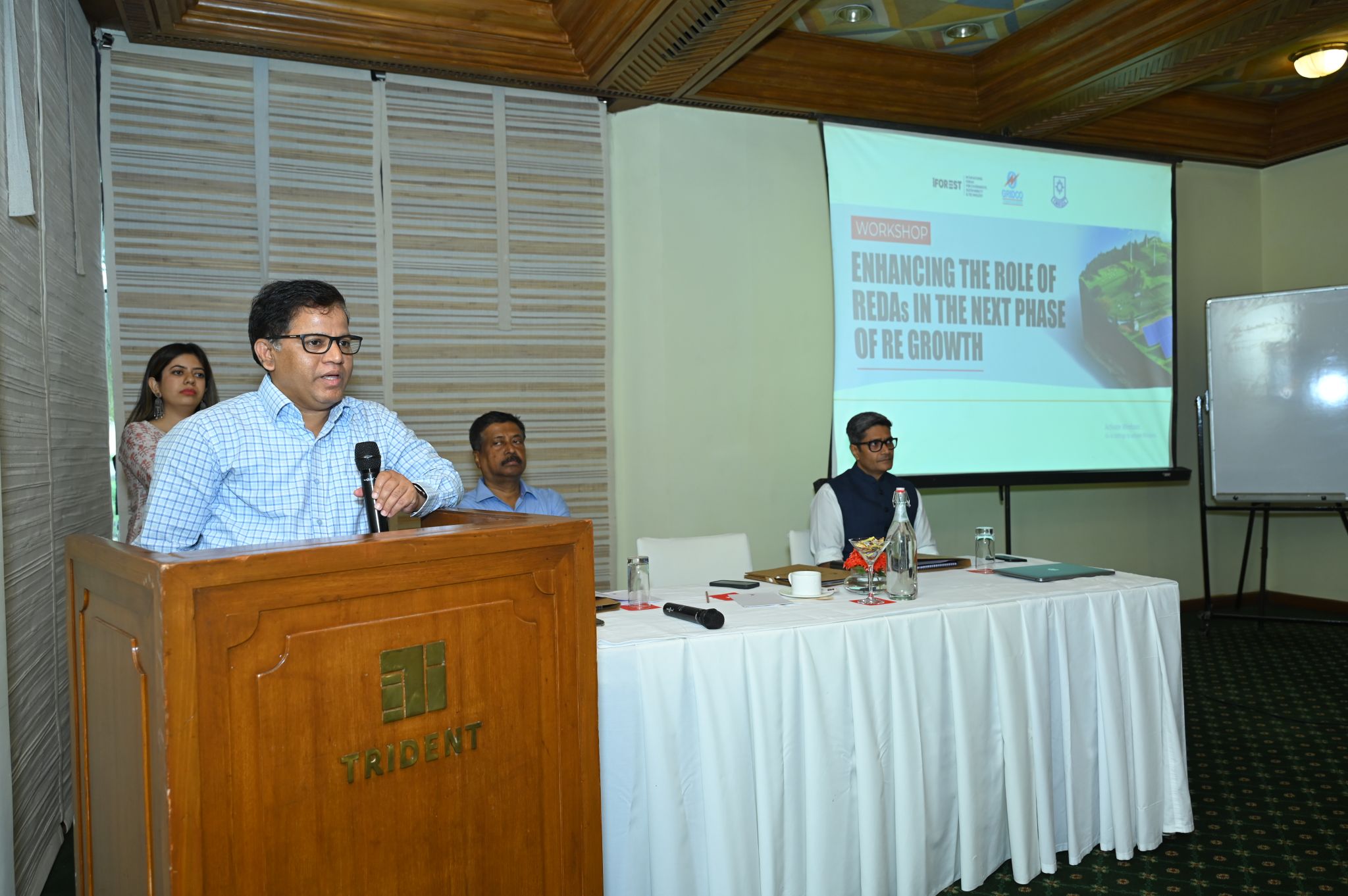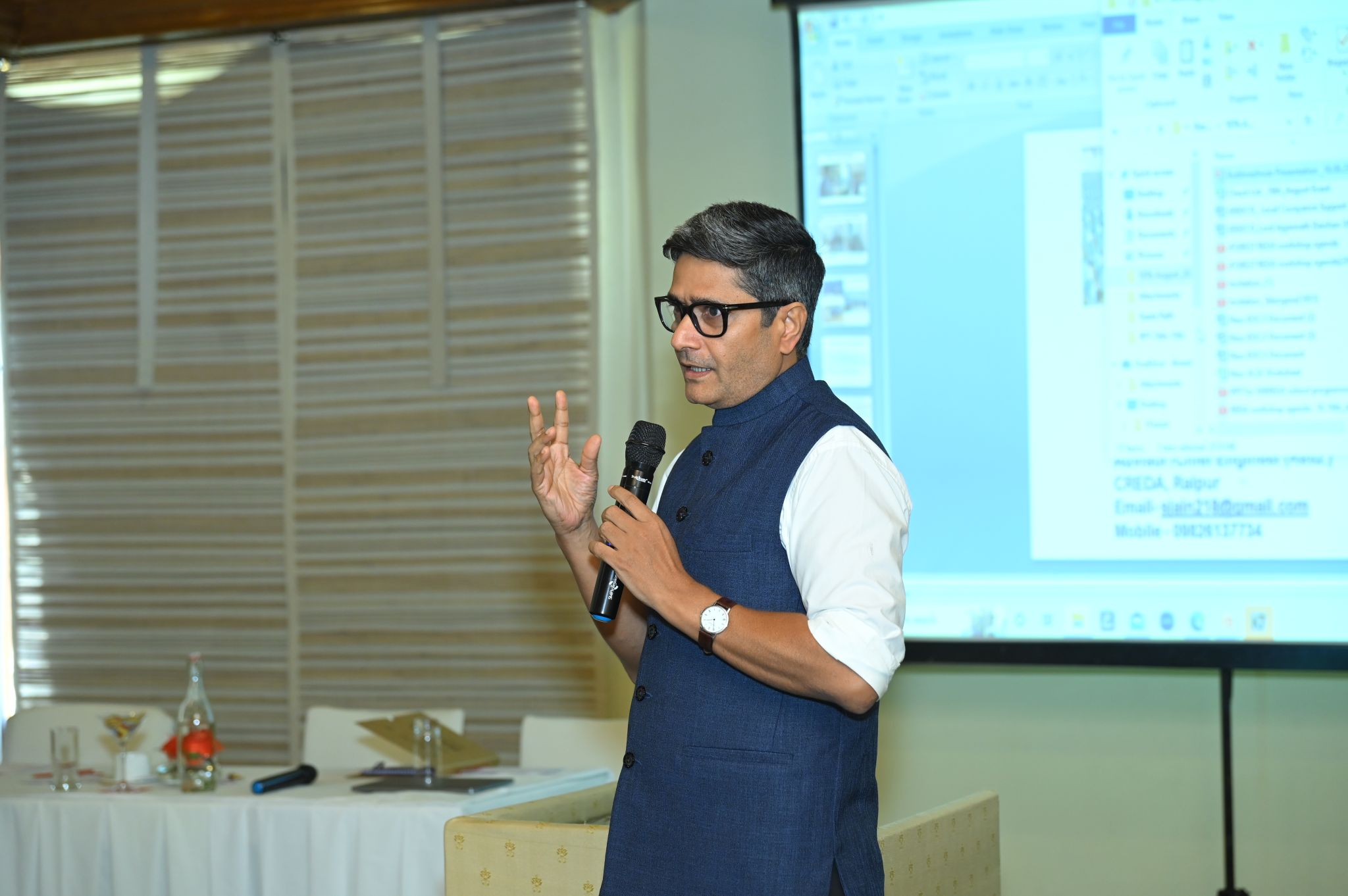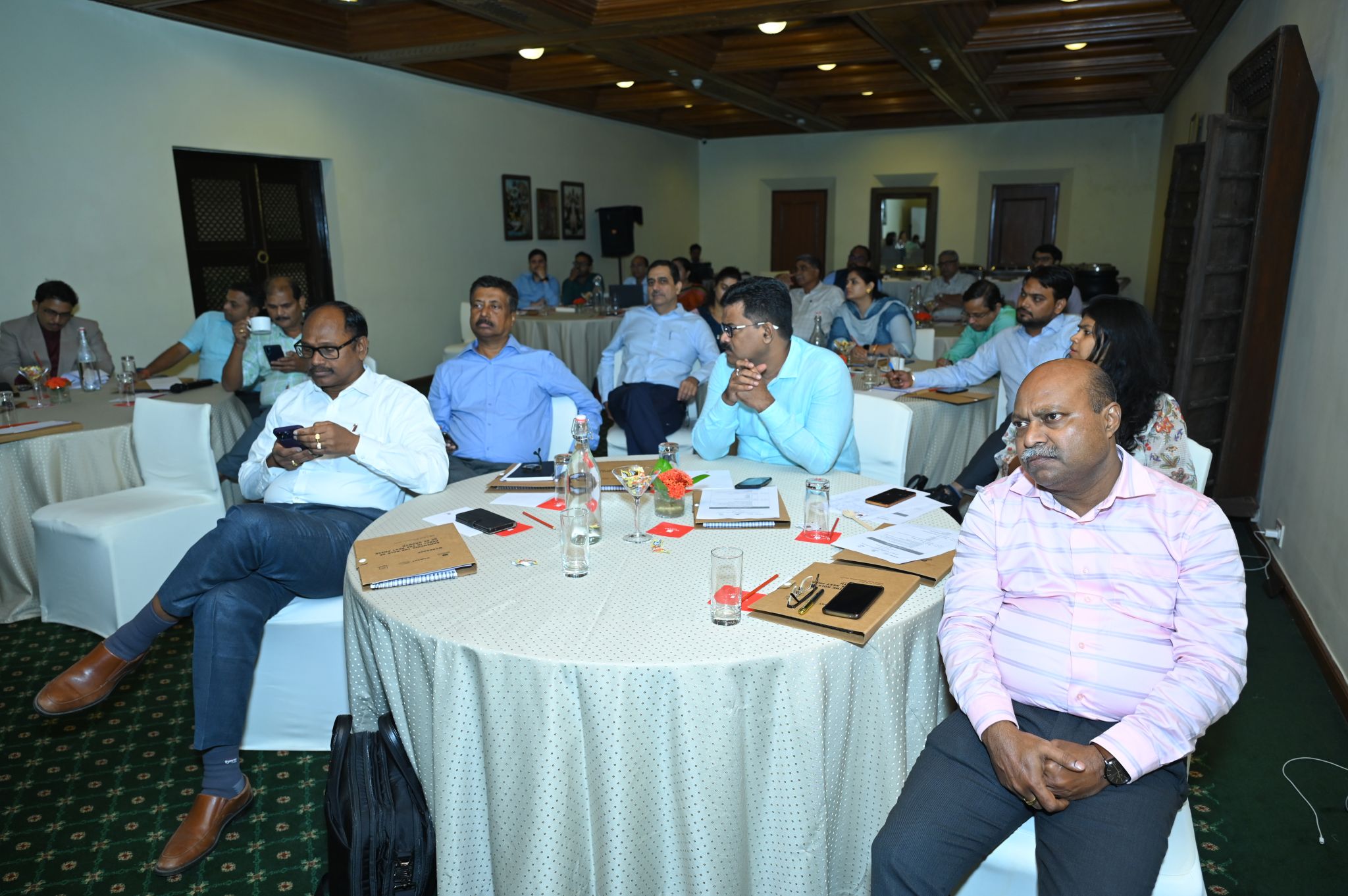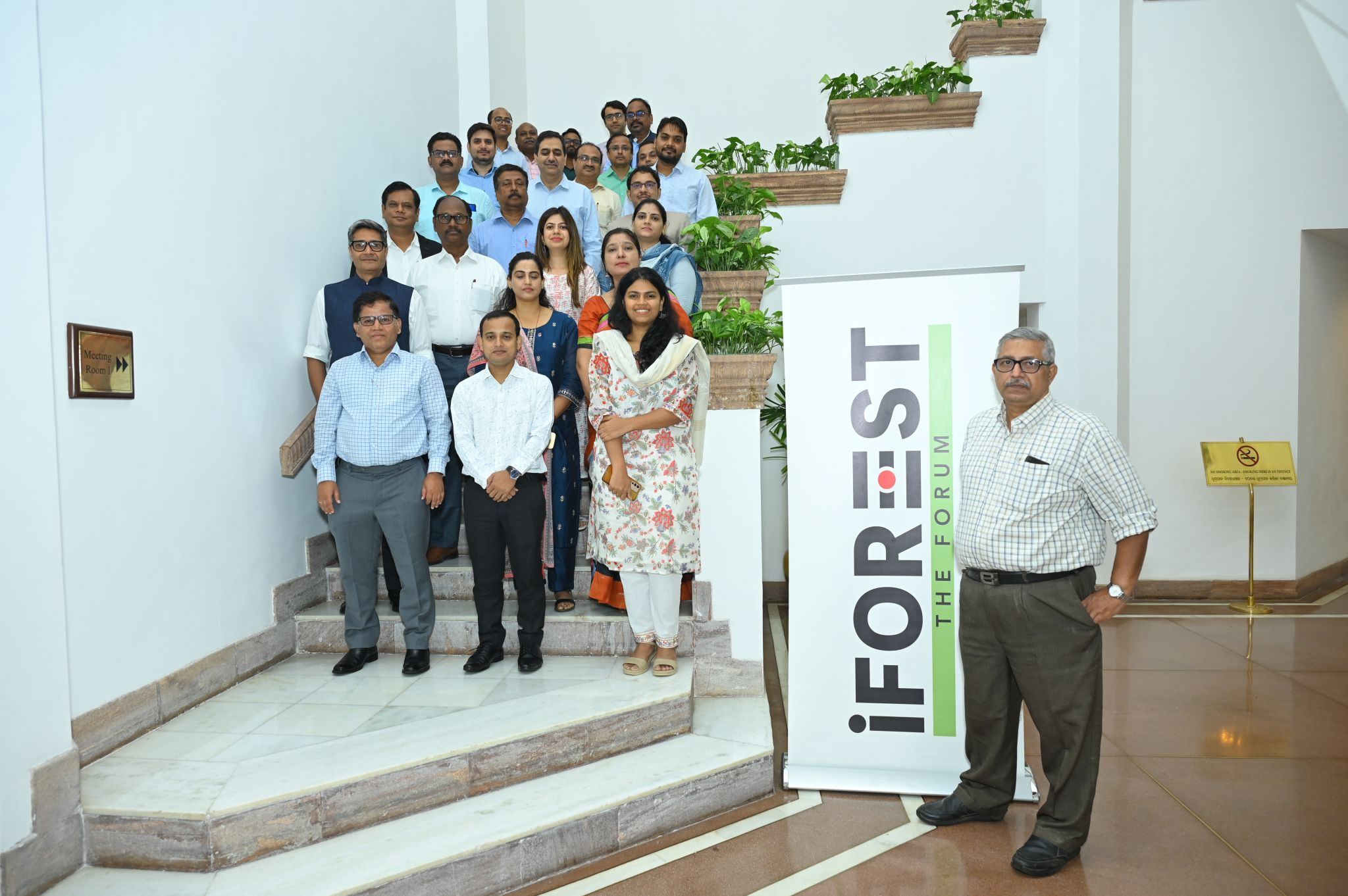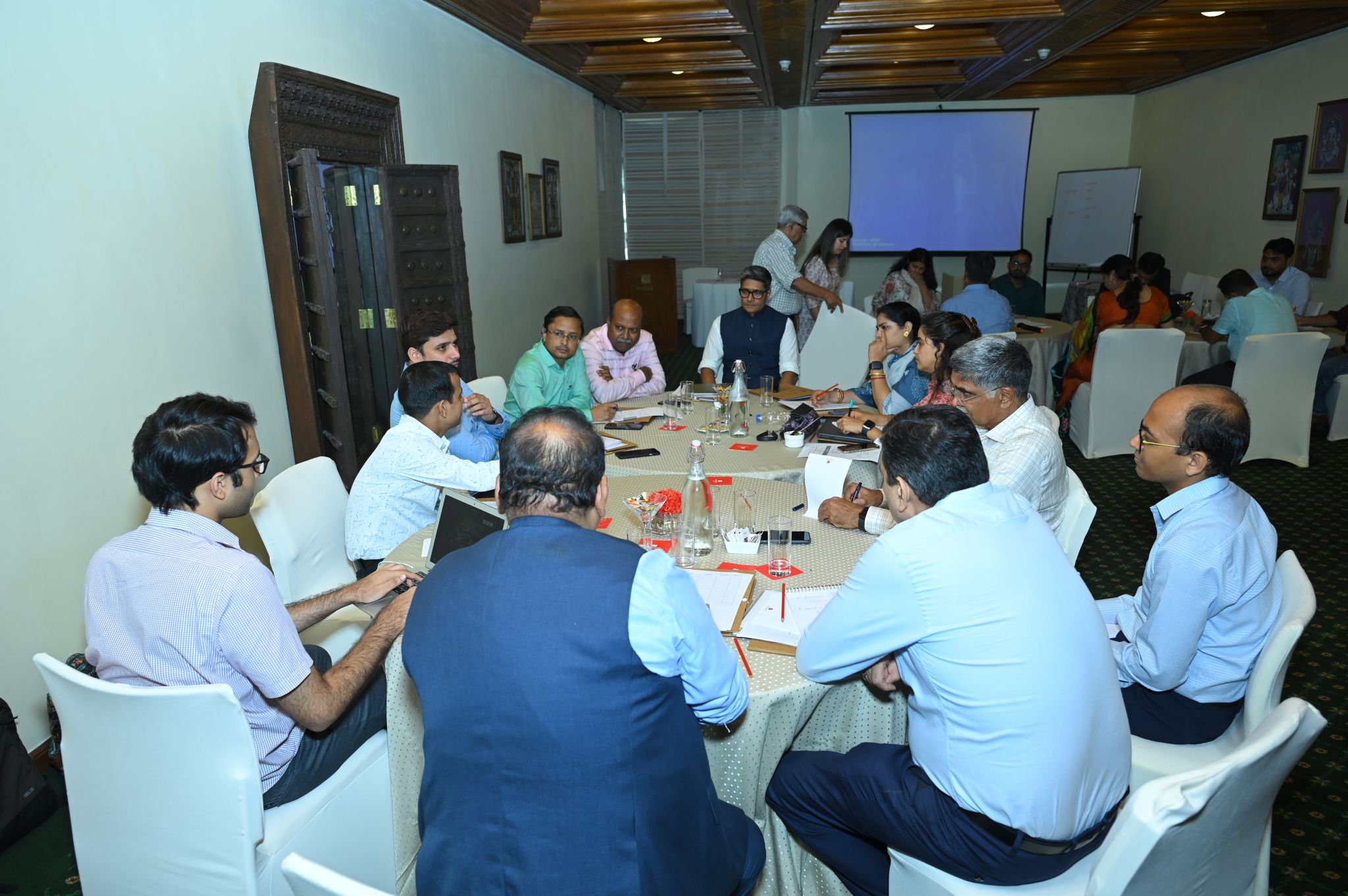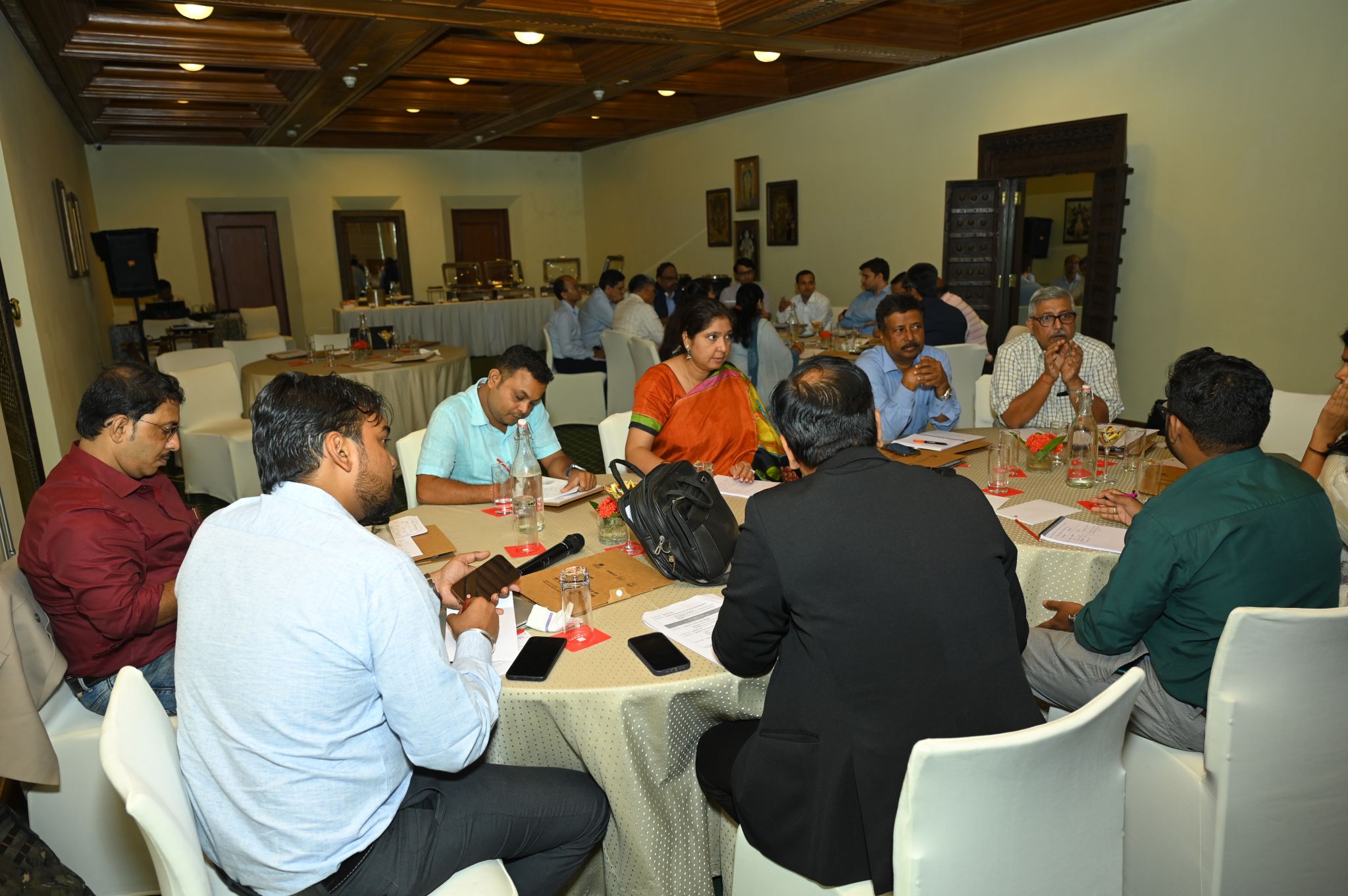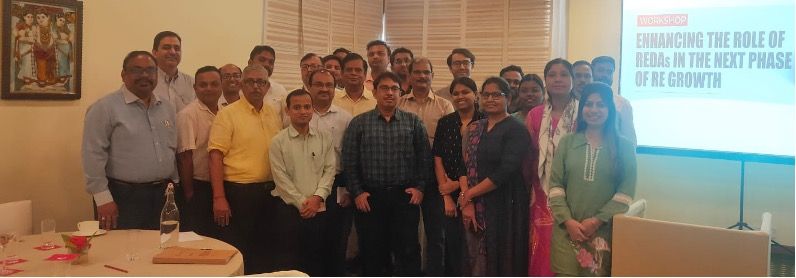Workshop: Enhancing the Role of REDAs in the Next Phase of RE Growth
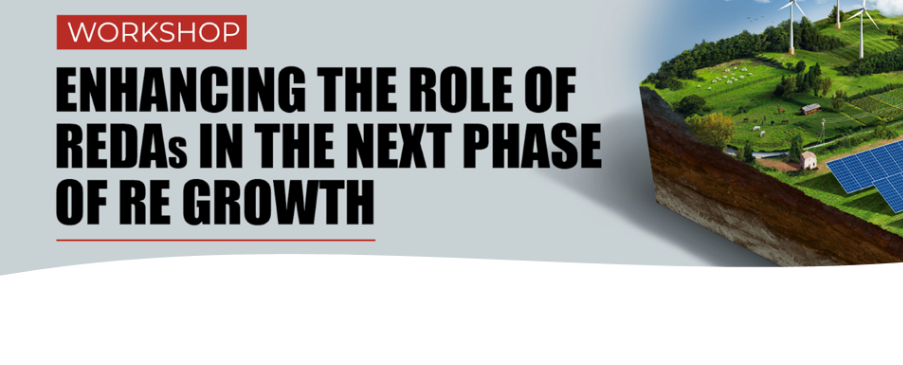
iFOREST organized a two-day workshop for state renewable energy development agencies (REDAs) in Bhubaneswar, Odisha on August 18-19, 2023, to deliberate on strategies for enhancing their role in the next phase of renewable energy (RE) growth.
At present, India is steadily progressing towards its globally committed target of installing 500 GW of RE capacity by 2030. Around 176 GW of capacity has been installed, 89 GW is under implementation, and 51 GW is under tendering. Development of 183 GW of additional capacity is yet to be initiated. Achieving the momentous nation target requires enhanced efforts from all stakeholders, including policymakers, regulators, investors, funders, and implementors. REDAs, as nodal agencies for RE policy implementation at the state-level, must play a crucial role in facilitating enhanced investments.
The two-day workshop was designed to provide a platform for REDAs to deliberate on some of the new strategies and policies needed to stimulate and facilitate RE growth.
iFOREST organized it with the support of the #DepartmentofEnergy, #GovernmentofOdisha, and the event was co-hosted by Odisha Renewable Energy Development Agency-OREDA and #GRIDCO Limited. Delegates from eight states – Bihar, Chhattisgarh, Maharashtra, Rajasthan, Karnataka, Telangana, West Bengal and Odisha – engaged in knowledge exchange and took part in discussions surrounding national-, state- and institution-level challenges and possible solutions for the same.
The deliberations concluded:
➡ States would have to take the primary responsibility of enhancing their role and contribution in India’s RE growth, through identification of their respective strengths, adopting proactiveness and agility in their policies for investment promotion, and building strong institutions for policy and programme implementation.
➡ However, the central government policies, measures and incentive packages would also need to be realigned to support resource diversification as well as to explore and build the RE generation potential of the ‘low-RE’ states.
Photographs of the event
